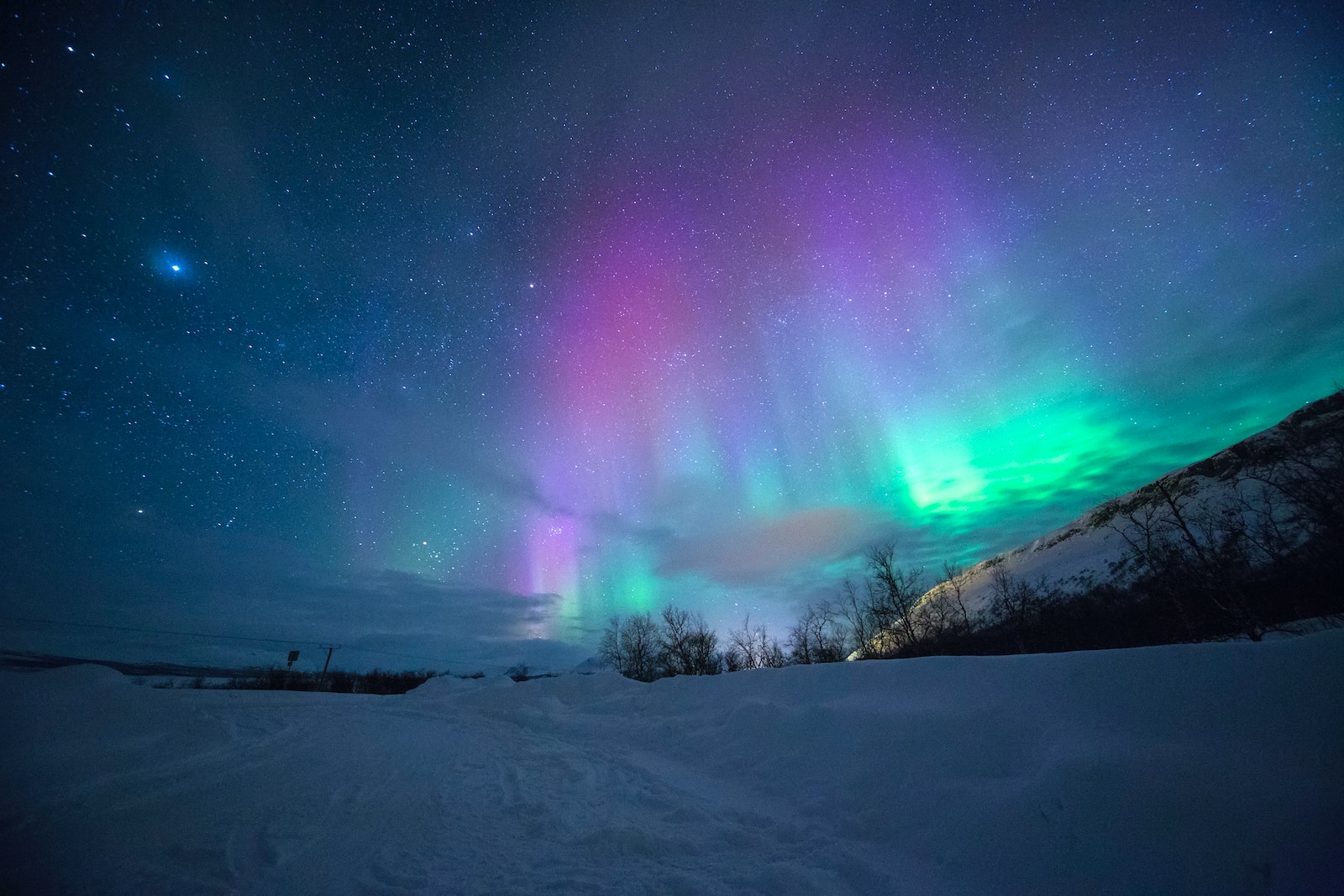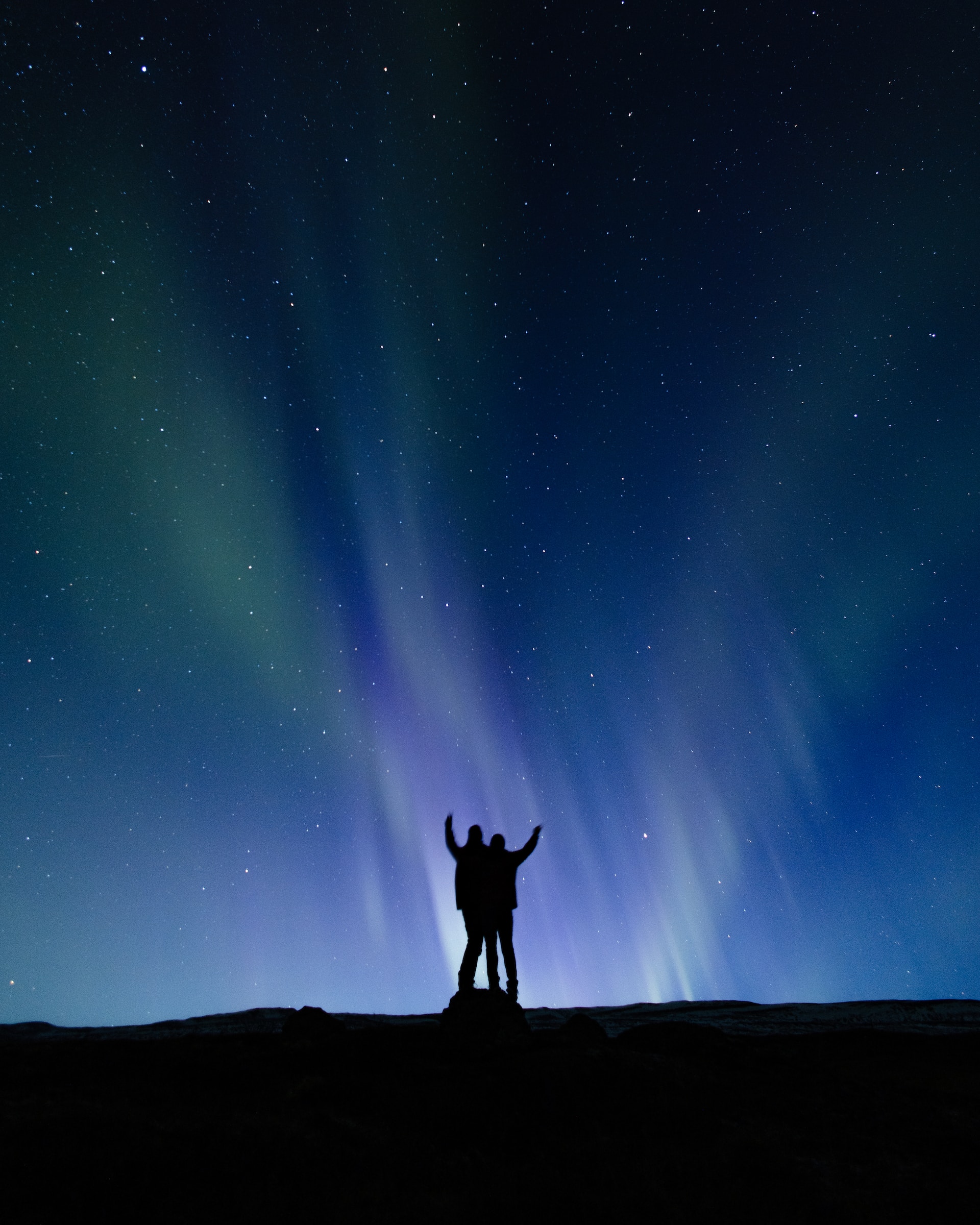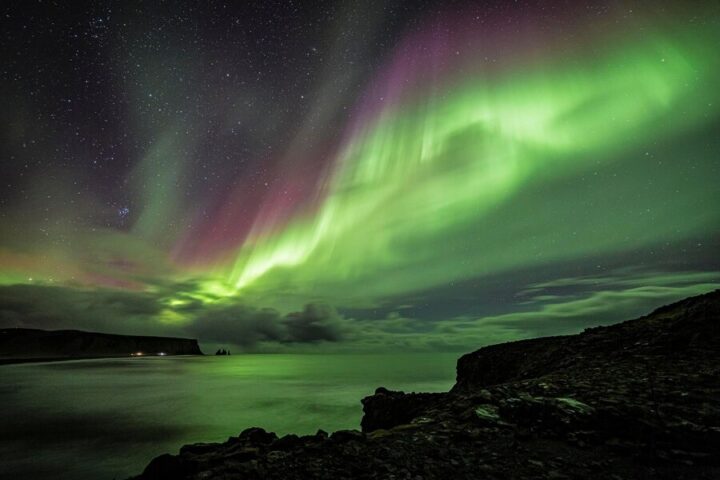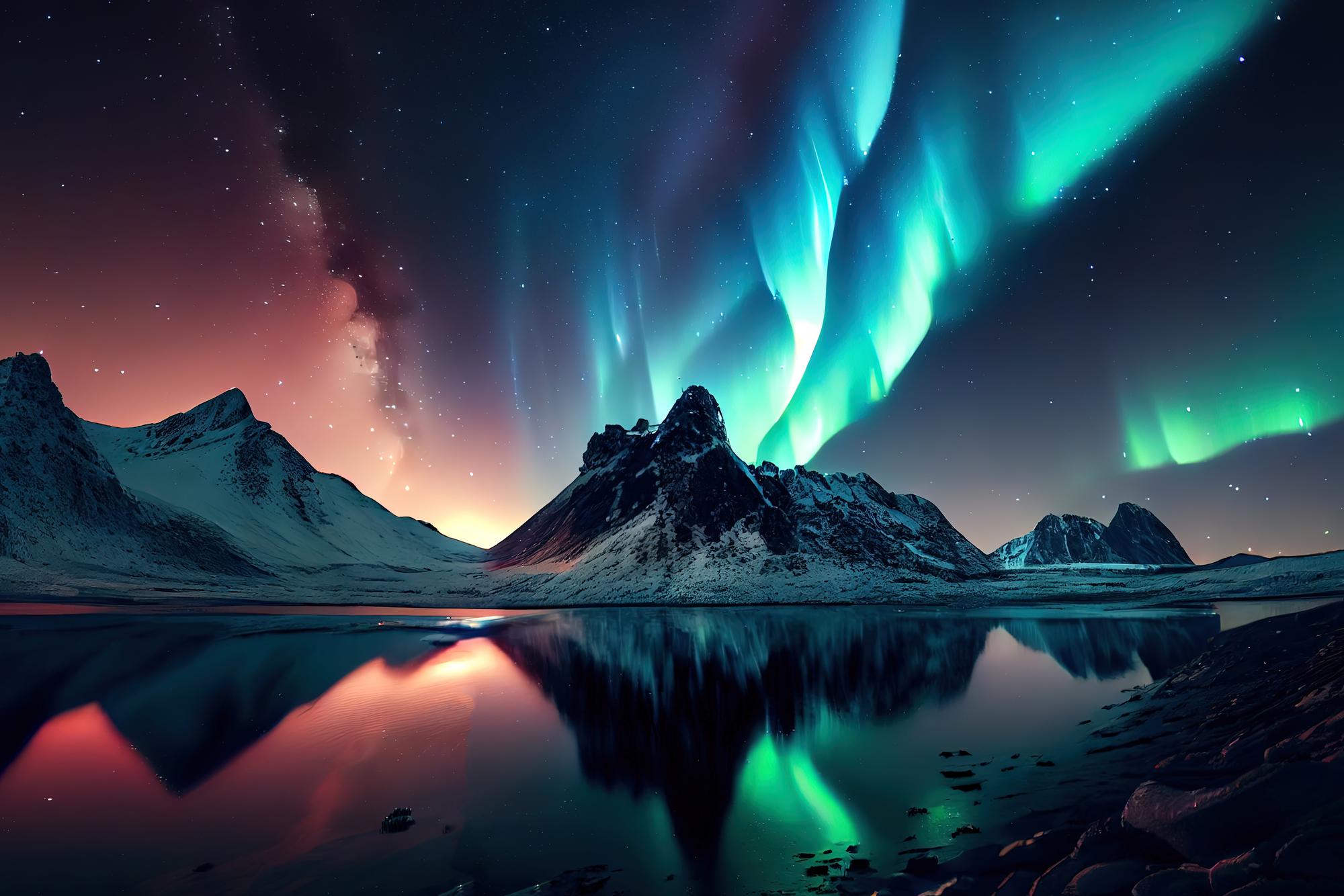Understanding the Aurora Borealis: A Guide to Witnessing the Northern Lights in Rhode Island
Related Articles: Understanding the Aurora Borealis: A Guide to Witnessing the Northern Lights in Rhode Island
Introduction
With enthusiasm, let’s navigate through the intriguing topic related to Understanding the Aurora Borealis: A Guide to Witnessing the Northern Lights in Rhode Island. Let’s weave interesting information and offer fresh perspectives to the readers.
Table of Content
Understanding the Aurora Borealis: A Guide to Witnessing the Northern Lights in Rhode Island

The northern lights (Aurora Borealis), a celestial spectacle renowned for its captivating beauty, are a natural phenomenon that often inspires awe and wonder. While commonly associated with regions closer to the Arctic Circle, understanding the conditions necessary for viewing the aurora can reveal opportunities for witnessing this celestial display even in locations like Rhode Island.
The Science Behind the Northern Lights
The Aurora Borealis is a result of charged particles from the sun, known as solar wind, interacting with Earth’s atmosphere. These particles, primarily electrons and protons, are guided by Earth’s magnetic field towards the poles. Upon entering the atmosphere, they collide with gas molecules, primarily oxygen and nitrogen. This collision excites the gas molecules, causing them to emit light. The color of the aurora depends on the type of gas molecule involved and the energy level of the collision.
Factors Influencing Aurora Visibility in Rhode Island
While Rhode Island lies significantly south of the auroral oval, a region where the northern lights are most frequently observed, several factors can influence the possibility of viewing the aurora in the state:
- Geomagnetic Storms: These are disturbances in Earth’s magnetic field caused by powerful solar eruptions, known as coronal mass ejections. Strong geomagnetic storms can cause auroral displays to extend further south, potentially reaching Rhode Island.
- Solar Activity: The sun’s activity fluctuates in an 11-year cycle, with periods of higher solar activity increasing the likelihood of geomagnetic storms and auroral displays.
- Clear Night Skies: Obstructed views by light pollution, cloud cover, or moonlight can significantly hinder visibility.
- Darkness: The absence of ambient light is crucial for observing the faint glow of the aurora.
How to Increase Your Chances of Seeing the Northern Lights in Rhode Island
- Monitor Space Weather Forecasts: Websites like the Space Weather Prediction Center (SWPC) provide real-time information on solar activity and geomagnetic storms.
- Seek Dark Sky Locations: Locate areas with minimal light pollution, such as state parks or rural areas.
- Plan for Clear Skies: Check weather forecasts for cloud cover and moonlight conditions.
- Be Patient: Viewing the aurora requires patience, as displays can be fleeting and unpredictable.
Related Searches and FAQs
1. Northern Lights Tonight Rhode Island:
-
Is there a chance to see the northern lights in Rhode Island tonight?
To answer this question, it’s essential to consult space weather forecasts and local weather conditions. Websites like the SWPC provide real-time data on solar activity and geomagnetic storms. If a geomagnetic storm is anticipated, there is a possibility of seeing the aurora in Rhode Island, especially if skies are clear and dark.
-
Where is the best place to see the northern lights in Rhode Island?
Seek locations with minimal light pollution, like state parks or rural areas away from city lights. Dark sky locations offer the best chance of spotting the aurora.
2. Northern Lights Forecast Rhode Island:
-
What is the northern lights forecast for Rhode Island?
The Space Weather Prediction Center (SWPC) provides a variety of forecasts related to solar activity and geomagnetic storms. These forecasts can help determine the likelihood of seeing the aurora in Rhode Island.
-
How often can you see the northern lights in Rhode Island?
While not a common occurrence, the northern lights can be visible in Rhode Island during periods of strong geomagnetic activity. The frequency of these events depends on the solar cycle and can vary significantly.
3. Northern Lights Viewing Rhode Island:
-
What is the best time of year to see the northern lights in Rhode Island?
The best time to see the aurora in Rhode Island is during the winter months, when nights are longer and darker.
-
What are the best places to see the northern lights in Rhode Island?
Locations with minimal light pollution, like state parks or rural areas, offer the best chance of spotting the aurora.
4. Northern Lights Rhode Island 2023:
-
Are there any predictions for northern lights activity in Rhode Island in 2023?
While specific predictions for auroral activity are difficult to make, the current solar cycle suggests an increasing likelihood of geomagnetic storms in the coming years. Monitoring space weather forecasts can provide insights into potential viewing opportunities.
-
What is the best time of day to see the northern lights in Rhode Island?
The best time to observe the aurora is typically between 10 PM and 2 AM, when darkness is most prevalent.
5. Northern Lights App Rhode Island:
-
Are there any apps that can help me predict northern lights visibility in Rhode Island?
Several apps are available that provide space weather information and auroral forecasts. Some popular options include Aurora Forecast, My Aurora Forecast, and SpaceWeatherLive.
-
What are the best ways to photograph the northern lights in Rhode Island?
Use a camera with a wide-angle lens and a tripod for stability. Set a long exposure time (several seconds or even minutes) to capture the faint glow of the aurora.
6. Northern Lights Photography Rhode Island:
-
What are the best camera settings for capturing the northern lights in Rhode Island?
Use a wide aperture (low f-number) to allow more light into the lens. Set a high ISO sensitivity (between 800 and 3200) to capture the faint glow. Use a long shutter speed (several seconds or even minutes) to allow the light to accumulate on the sensor.
-
What are some tips for capturing stunning photos of the northern lights in Rhode Island?
Compose your shot with interesting foreground elements, like trees or mountains, to add depth and context. Experiment with different exposures and white balance settings to find the best look for your photos.
7. Northern Lights Season Rhode Island:
-
When is the northern lights season in Rhode Island?
While the northern lights can be visible year-round, the best time to see them in Rhode Island is during the winter months, when nights are longer and darker.
-
What are the typical conditions for seeing the northern lights in Rhode Island?
Clear, dark skies with minimal light pollution are essential for viewing the aurora. Geomagnetic storms and strong solar activity also increase the likelihood of seeing the aurora.
8. Northern Lights Live Rhode Island:
-
Are there any live feeds or webcams that show the northern lights in Rhode Island?
While live feeds of the northern lights in Rhode Island are not readily available, websites like the SpaceWeatherLive website provide real-time images of the aurora from various locations around the world.
Tips for Observing the Northern Lights in Rhode Island
- Dress Warmly: Even on a clear night, temperatures can drop significantly during the winter months. Dress in layers and wear a warm hat, gloves, and scarf.
- Be Patient: Auroral displays can be unpredictable and fleeting. Be patient and enjoy the experience, even if you don’t see a spectacular show.
- Share Your Experience: Share your photos and stories of your northern lights adventure with friends and family.
Conclusion
While viewing the northern lights (Aurora Borealis) in Rhode Island is a rare occurrence, the possibility exists during periods of strong geomagnetic activity. Understanding the factors influencing auroral visibility, monitoring space weather forecasts, and seeking dark sky locations can enhance the chances of witnessing this breathtaking celestial display. By embracing the challenges and rewards of auroral viewing, Rhode Island residents can experience the wonder and magic of the Aurora Borealis firsthand.

/GettyImages-498928946-59cd1dd3af5d3a0011d3a87e.jpg)






Closure
Thus, we hope this article has provided valuable insights into Understanding the Aurora Borealis: A Guide to Witnessing the Northern Lights in Rhode Island. We appreciate your attention to our article. See you in our next article!

